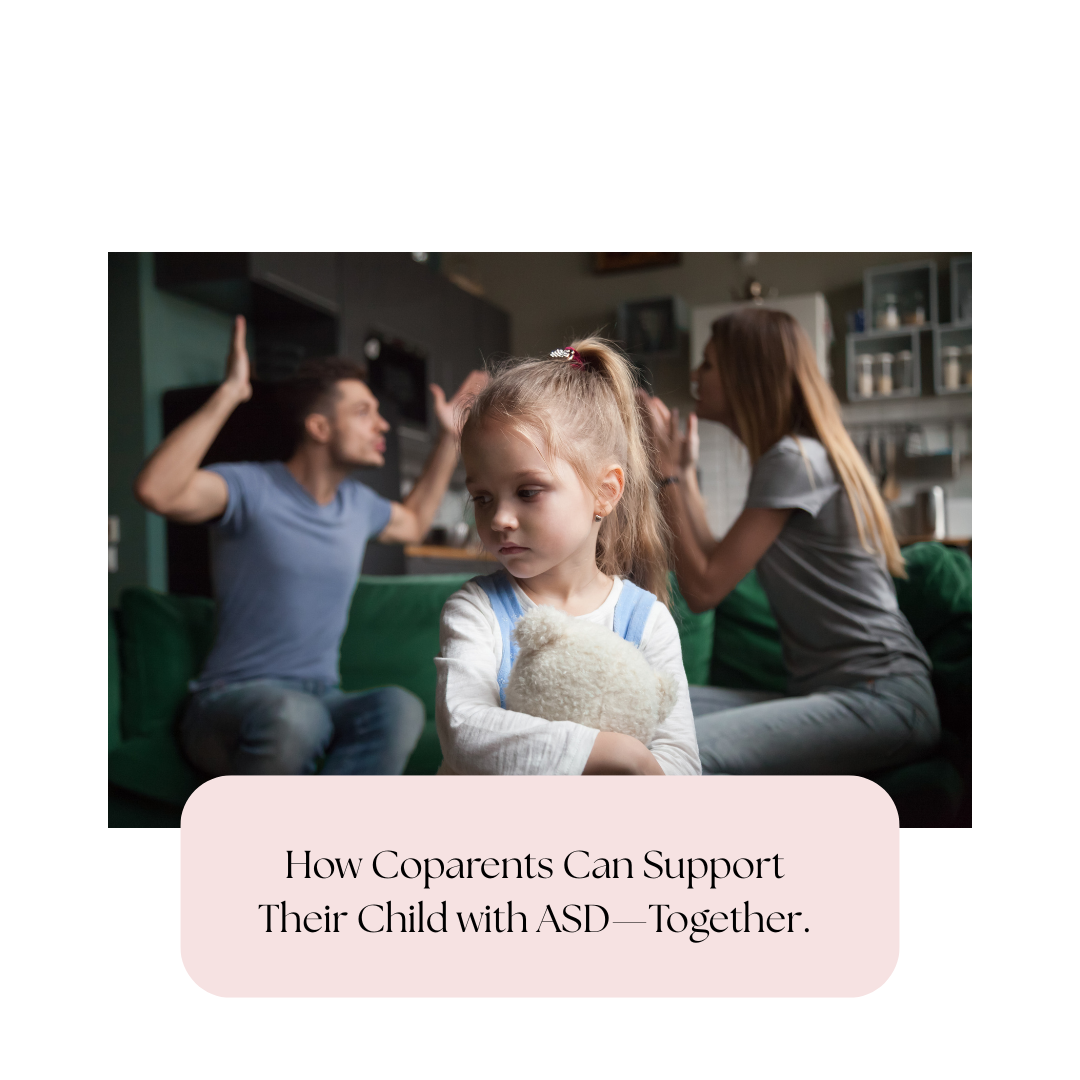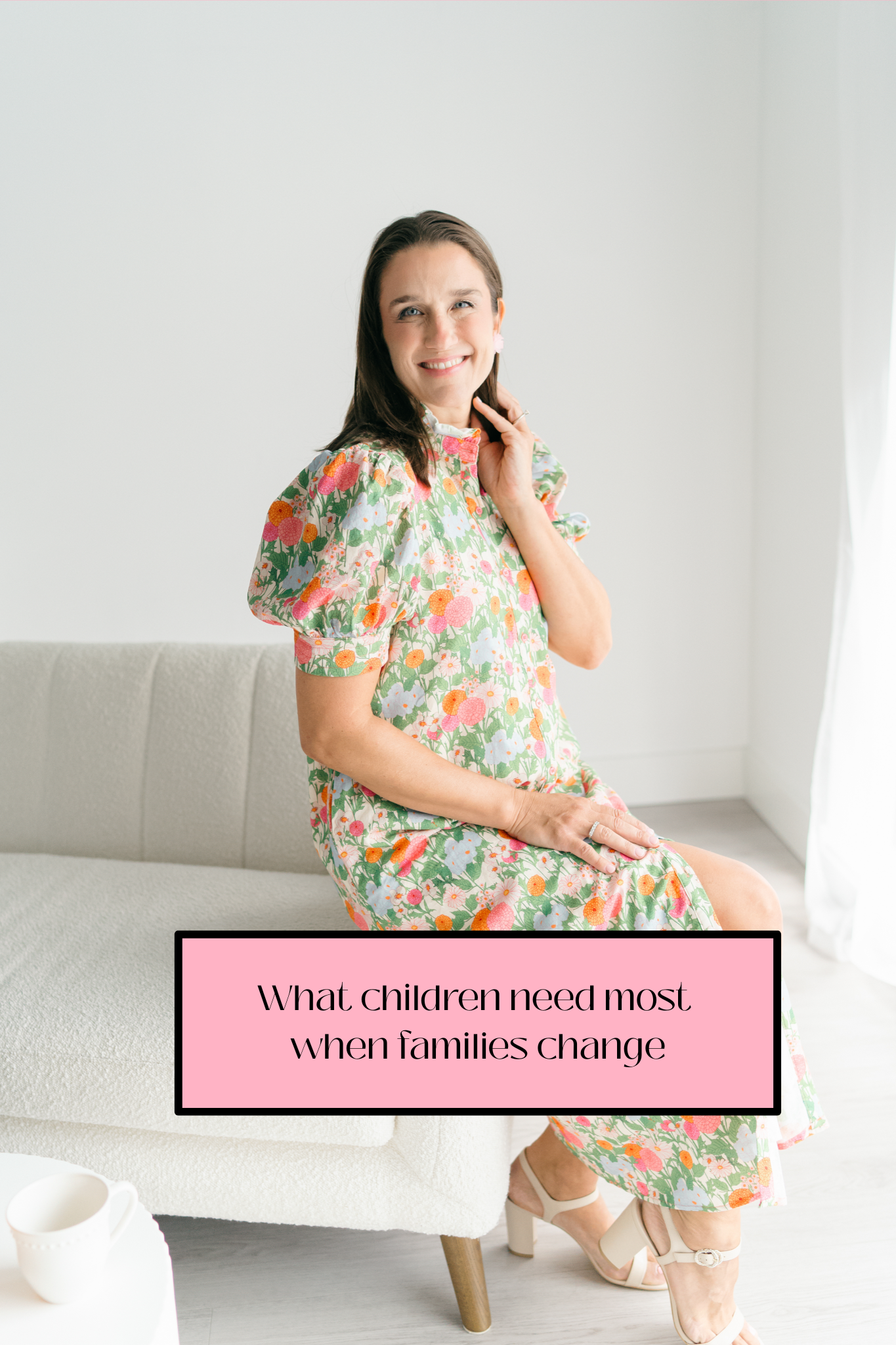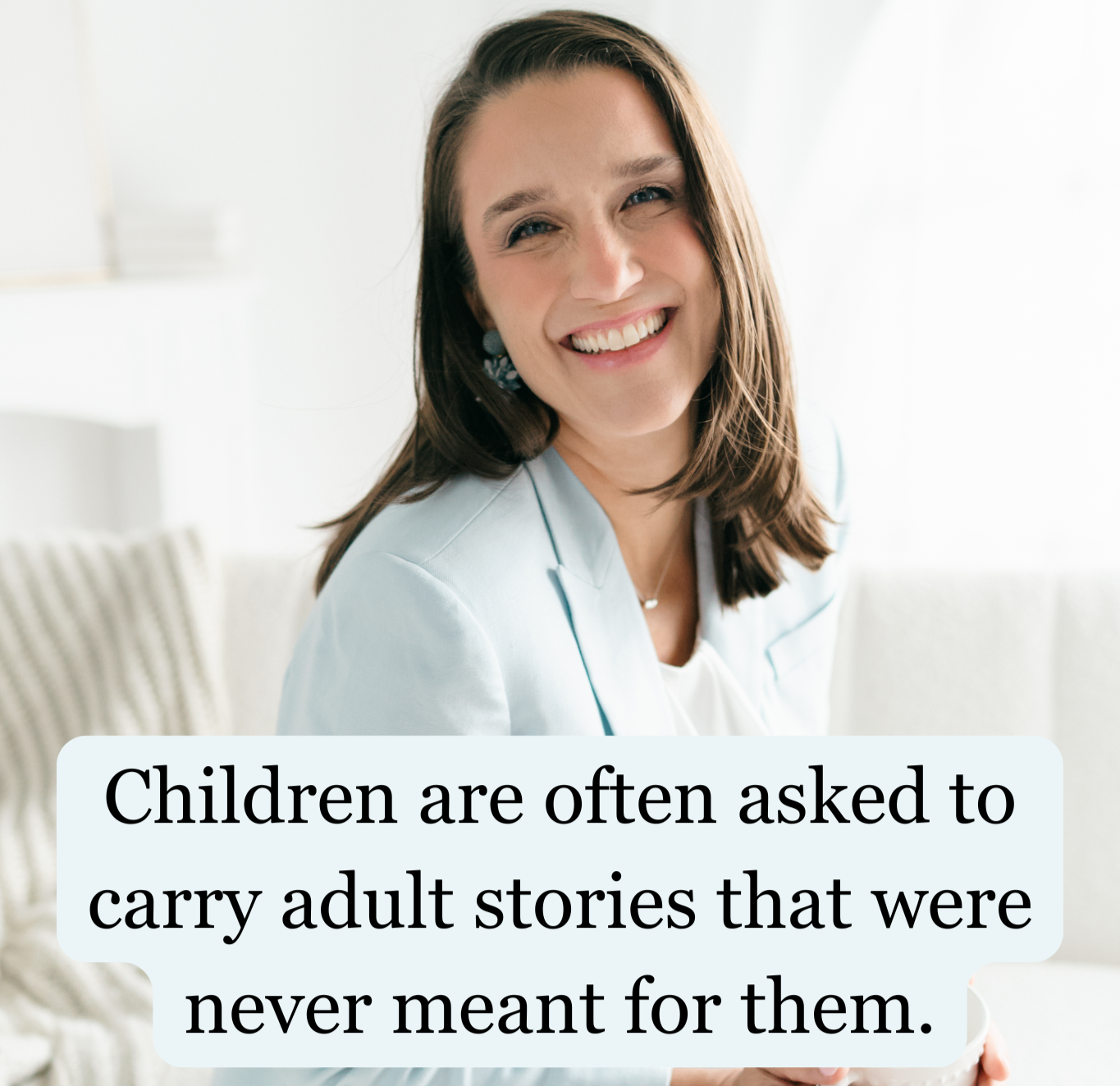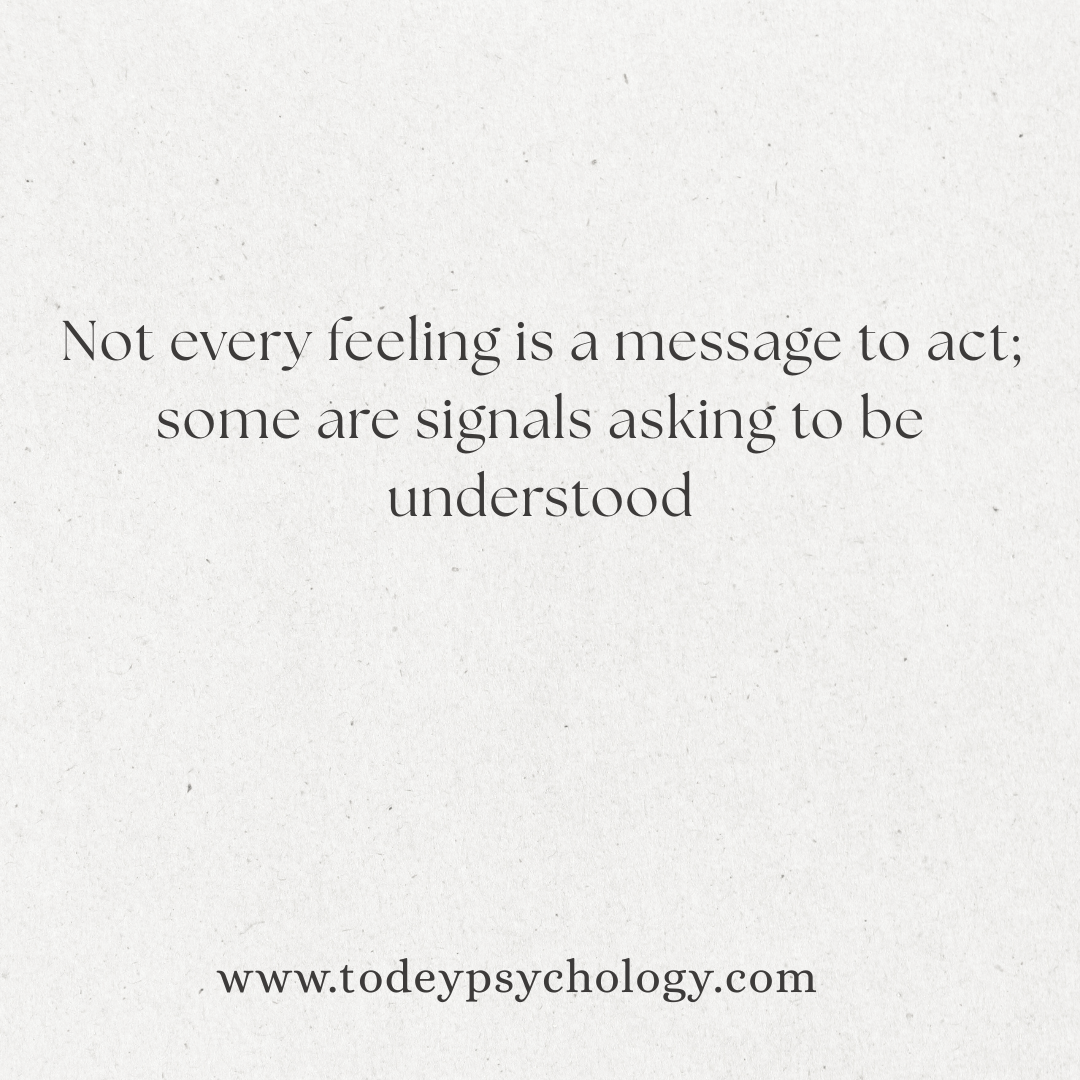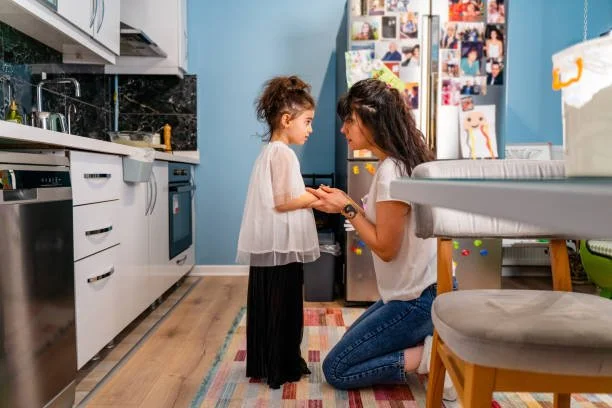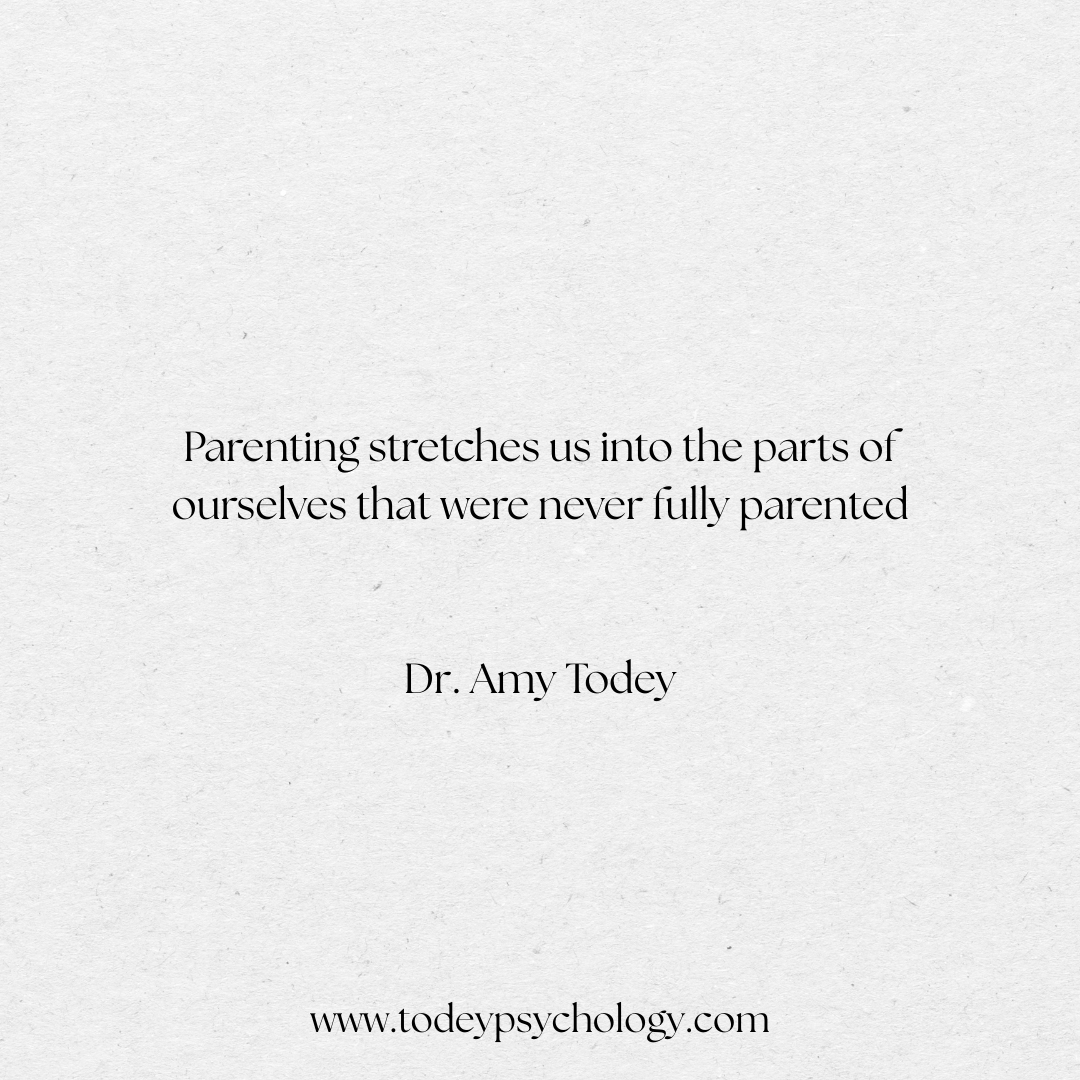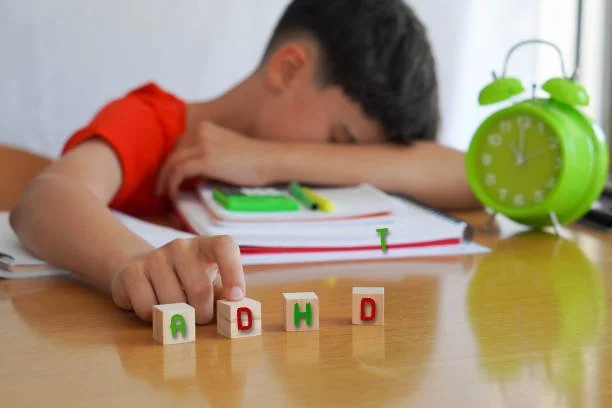Dr Amy’s Blog
From Taylor Swift to Alicia Keys: How Learning Piano Boosts Kids’ Brains and Mental Health
Discover how learning piano can help your child’s brain and mental health.
The Lies We Tell Ourselves: The Most Common Lies I See in Couples and Coparenting—and Why They Cause So Much Damage.
Discover insights from Dr Amy Todey, PhD - psychologist and coparenting and relationship expert - on deception and lies in couples and coparenting relationships.
When the “Ick” Shows Up: What That Sudden Wave of Aversion Is Really Telling You
At some point in many relationships, people experience something they casually call “the ick”—a sudden feeling of irritation, distance, or loss of attraction that can feel confusing, unsettling, and even alarming. Discover what could really be going on with expert psychologist Dr Amy Todey, PhD.
Love and Discipline: Why Kids Listen When They Feel Safe, Not Scared
Love and discipline aren’t opposites. The most effective parenting lives in the both-and space where connection and limits work together.
9 Reasons Parenting Is So Hard (And Why You’re Not Failing)
Parenting can be profoundly hard. Discover nine research-backed reasons parenting feels so difficult, and why your struggle makes sense.
How Do I Get Over My Divorce?: Coping with Grief and Loneliness After the Ending of a Marriage
Divorce grief is complex and often doesn’t follow the normal five stages. Learn about the complexities of this type of grief and how to help yourself after the loss of a marriage.
5 Signs that Your Child May Have ADHD: How to Recognize the Red Flags Early—and Take Action to Help Your Child Thrive
ADHD should not be minimized or overlooked by parents or professionals. Discover how to recognize ADHD in your child and what to do to get help.
Still a Team: Why Co-Parenting Therapy Matters During High-Conflict Divorce
Children exposed to high-conflict divorce are at greater risk for a range of negative outcomes, especially when conflict is prolonged and unresolved. Learn how coparenting therapy can help and why you might consider this option.
